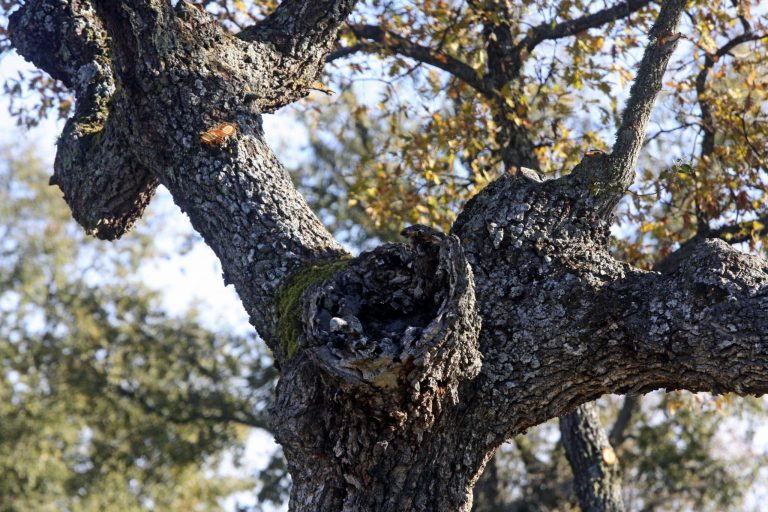Ending systematic pruning, vital for preserving the lungs of cities
Putting an end to the systematic and indiscriminate pruning of trees that is established as a rule in municipal tenders is, according to experts, vital to ensure the good management of urban trees, without whose existence life in cities would be impracticable due to high pollution.
"I have been working for years so that tenders do not contemplate systematic pruning in streets every x years". Pruning should be selective and only cut when there is a real danger of it falling, Mariano Sánchez, head of the Arboriculture Unit at the Royal Botanical Garden, told Efe, who also advocates planting more separately to avoid having to prune trees because they are a nuisance or a nuisance.
Trees are the lungs of the city and many city councils do not understand that by putting in the motorsaw "just because" half of this lung is lost, as it is the leaves that retain pollutants, according to Sánchez, co-director of the Master's Degree in Urban Arboriculture at the Complutense University of Madrid.
In Spain, in general, there are not enough trees to compensate for pollution, mainly due to the fact that in politics it is more important to say that thousands are going to be planted when what really matters is not the number, but their quality.
"The biggest leaves are the ones that retain the most pollutants", stressed Sánchez, who pointed out that, in addition, the lack of planning means that trees are planted without leaving enough space between them, so that when they grow they disturb each other or interfere with urban furniture.
By pruning and removing the foliage mass, not only does pollution increase, but in the following years the levels of allergens increase, as the tree's reaction to being damaged is to flower again.
In addition, when a large cut is made in the branch, fungi enter and cause wood rot, and that is when the risk of the tree falling over the years begins, "a risk that nobody sees", warned Sánchez, who stressed that we should also analyse which trees will better withstand climate change because many of those that are currently in the cities will disappear.
In his opinion, there should be a "basic national tree law", which establishes details on planting frameworks and the end of systematic pruning, as well as a "national arboretum", a large urban park in which there is a collection of trees to investigate which species will best withstand the new climate.
Without trees, he warned, cities would be uninhabitable and it would be impossible to walk down the street, as all the pollution now retained by the leaves would remain on walls and floors and would continually "rise up".
Paradigm shift from ornamentation to ecosystem services
Citizens are increasingly demanding more green spaces and there has been a paradigm shift: from an ornamental vision to having to develop projects that bring nature closer to the neighbourhoods, according to Gabriel Dorado Martín, senior lecturer at the School of Forestry, Forestry and Natural Environment Engineering at the Polytechnic University of Madrid (UPM).
For Dorado, director of the Master's Degree in Historic Gardens and Ecosystem Services at the UPM, the design of these renaturalisation projects must be based on sustainability criteria and adaptive management to adapt them to climate change in order to maximise services for citizens.
Councils are committed to having many trees and inaugurating green spaces, especially at election time, when citizens do not demand quantity but rather that green infrastructures offer services such as improved air quality, better physical and mental health or increased biodiversity.
The management of green infrastructure must provide a service to all, and that means not spending money absurdly on things like systematic "useless" pruning every year, which benefits neither the infrastructure itself nor the citizen.
Pruning should only be done when the tree really needs it or if it interferes dangerously with other infrastructures and if we want to promote biodiversity "we cannot continue to think that having a clean green space is equivalent to a cleared space because we will be eliminating a large part of it", he said.
Poorly managed felling and clearing means, for example, the disappearance of flowers and fruit, which means that pollinators (insects or birds) cannot survive in these areas.
Original article from EFE Verde (in Spanish).
Translated with www.DeepL.com/Translator
